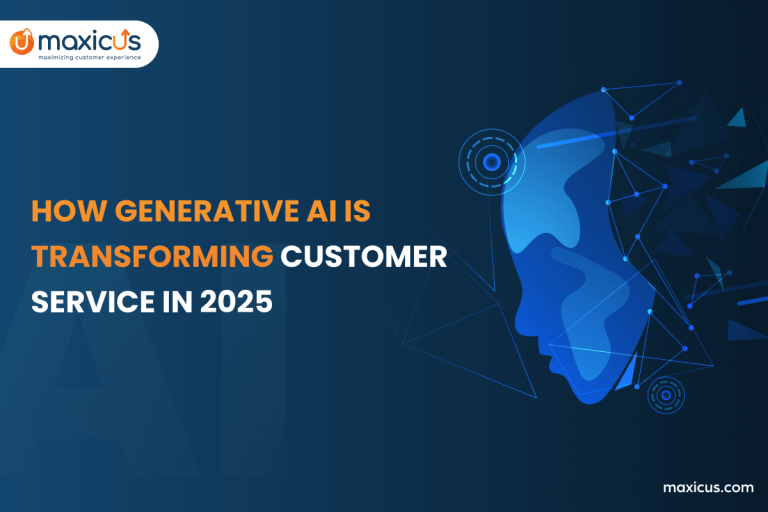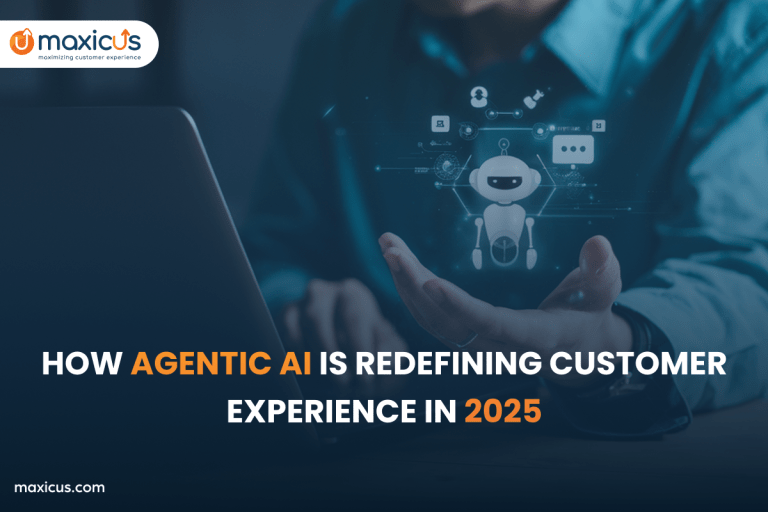Challenges in data annotation & how to overcome them
Developing an ML and AI model that operates like a human needs huge amounts of training data. It must be taught to identify specific objects for the model to make decisions and take action. The datasets need to be properly categorized and labeled for a particular use case. Companies can develop and enhance ML & AI implementations with high-quality human-powered data annotation services. The ultimate goal is to improve customer experience in terms of product recommendations, text recognition in chatbots, relevant search engine results, speech recognition, computer vision, image annotation, etc.
Labeling data is a very critical task, even the slightest error can lead to bigger chaos. In order to decipher the intent and to deal with ambiguities, businesses need to inculcate their workforce to have a leg up on ML & AI models.
What is Data Annotation and why is it important for businesses?
5 Data annotation challenges faced by business
It’s not simple to manage and streamline a data annotation process. Businesses encounter several external and internal obstacles that make the annotation task inefficient and ineffective. Therefore, the only way to overcome these challenges is to go to their bottom, understand and fix it accordingly. Let’s start.
Struggling to handle a vast workforce
ML and AI models are data-hungry, requiring a massive volume of labeled data to learn. As datasets are tagged manually, businesses hire a huge amount of workforce to generate that enormous volume of labeled data to feed the computer models. Besides, processing Big Data and labeling them to the optimum quality is important to achieve a high accuracy level.
However, dealing with such vast data-mining teams is a real task for the management. Businesses suffer from organizational predicaments that impact efficiency, productivity and quality.
Limited access to cutting-edge tools & technologies
High-quality labeled datasets are not only generated with huge & well-trained manpower. It requires the proper tools and tech to conduct the precise data annotation process. Depending on the data type, different software and techniques are used to tag datasets for deep learning. Hence, it is critical to implement the correct technology that ensures the highest quality in affordable pricing.
However, companies often failed to develop such infrastructure that roots for best-in-class data annotation. The price of the tools is very expensive and due to a lack of expert process knowledge, businesses are unable to figure out the correct technology to use.
Falling short on consistent & quality data tagging
A precise data annotation model requires top-notch quality tagging of datasets. There are absolutely no margins for error. Even the slightest mistakes can cost the business big time. If your data samples are labeled with misinformation, the ML model will learn it in the same way. Hence, AI will predict it incorrectly and will fall short to identify it.
Moreover, only ensuring high-quality data is not the only criteria, but producing them consistently is the real struggle. It is pivotal for businesses to maintain a good flow of rich-quality tagged datasets for the training of ML models and correct prediction for AI.
Not a budget-friendly affair
Labeling data for annotation is a lengthy process. Therefore, companies struggle to shape their budget requirements to develop an ML & AI training project. Paying a large amount of workforce for a longer period and investing in expensive technologies sometimes force businesses to take a back step. Besides, arranging a huge and ergonomic office space with all the necessary amenities makes it heavy for organizations to bear.
Fail to comply with data security guidelines
Due to the severe lack of process knowledge, making data annotation companies suffer to comply with global data security guidelines. The data privacy compliance regulations are getting strict with the growing popularity of Big Data.
When it comes to raw data, it includes highly personal data such as reading texts, identifying faces, etc. Therefore, tagging misinformation or any little mistakes can have huge repercussions. Besides, the data leak is the most important factor to be addressed here. Hence, data labeling companies are sometimes failing to comply with these compliances with privacy and internal data security standards.
By now, you must have understood the real problems for businesses in the data annotation space. However, like everything in the world, some solutions do exist to these enigmas. In this case, it lies in a word- Outsourcing. Let’s quickly move on to how it can help to overcome these challenges.
Ready to accelerate your AI initiatives with high-quality data annotation?
How data annotation outsourcing can help to overcome these challenges?
While businesses are facing challenges to cope up with data annotation standards, outsourcing partners can help to enhance the process mainly on four major fronts- quality, scalability, speed, and security. Let’s check out one by one.
Quality
Training datasets with extreme quality and accuracy are crucial to the success of the ML model. The quality of data labeling can determine the project’s fate. The main benefit of outsourcing data annotation services is that the outsourced partners are onboarded with skilled and experienced professionals. They operate faster and accurately compared to the in-house teams as they are accustomed to processing Big data. Therefore, service providers ensure the highest level of accuracy maintaining efficiency in sync with the project deadline.
Scalability
Image annotation services typically require millions of labeled datasets for the successful training of a deep learning model. As it is fluctuating in demand, sometimes low and sometimes very high, businesses often fail to complete large-scale annotation projects due to a lack of staff.
Outsourcing partners can encounter such issues with ease. They can provide on-demand skilled and qualified annotators to perform a large volume of data labeling tasks. They have the bandwidth to handle different types of annotation requirements and can scale up without losing quality.
Speed
Totally depending upon an in-house team for data labeling might dilute the deadline, as they are only obligated to office working hours. Besides, managing, training and ramping up with annotators can take time. Therefore, it lacks urgency and provides a slower rate in project delivery.
Data annotation outsourcing to an expert service provider equipped with a highly trained and dedicated team can become the difference between weeks and months. Therefore, you always stay ahead of time.
Security
Regardless of the type, data security is the top priority for data annotation projects. There is a wrong perception in the market that outsourcing can lead to compromise on data security.
However, outsourcing partners have dealt with this dichotomy by ensuring secured data annotation via VPN. The secure annotation process is backed by a business continuity plan to manage any contingency.
5 Major implementations of image annotation
Key learnings
Exercising your in-house abilities in the data annotation process can be tempting but falls flat in the long run. To grow in the computer vision and Artificial Intelligence space, outsourcing your non-core data labeling & annotation activities to a specialized and experienced service provider is a wise choice. Here at Maxicus, we have honed businesses to scale their ML and AI capabilities from proof of concept to production. Contact us to learn more.










